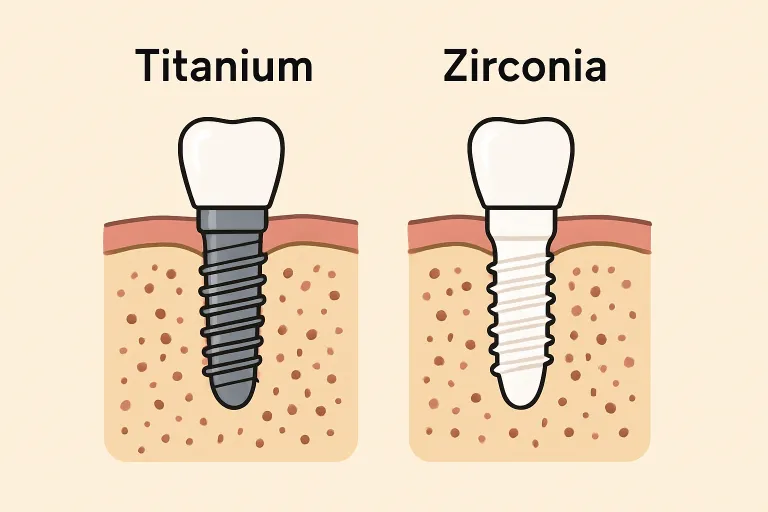As you get older, the needs of your heart will change. You might find that you have to eat fewer calories to maintain your weight, or that you can’t run as far as you used to. Those are normal changes that come with getting older, but adjusting to them isn’t always easy. Still, it’s very important that you take the time to make any adjustments for your health since you want to take good care of your heart and the rest of your body for the long term.
Recognizing Early Symptoms of Heart Disease

Heart disease often progresses silently, making it crucial to be aware of early warning signs and symptoms of a heart attack. Symptoms such as chest discomfort, fatigue, shortness of breath, or irregular heartbeats can indicate that something may be wrong, potentially pointing to symptoms of a heart attack.
Sometimes, less obvious signs like nausea, dizziness, or pain in areas like the jaw or back are also related to heart issues, which can indicate problems with blood flow and may be symptoms of a heart attack. Recognizing these symptoms early and seeking medical guidance can help prevent more severe complications related to heart conditions, making it easier to manage heart health effectively.
Understanding the Causes of Heart Disease
Heart disease is influenced by lifestyle, genetic, and medical factors, including those identified by the American Heart Association, which addresses various heart conditions. Common causes include unhealthy dietary habits, lack of physical activity, smoking, and excessive alcohol intake, all of which can strain the heart muscle over time and increase the risk of coronary artery disease.
Additionally, family history plays a significant role; if heart disease runs in your family, your risk factors for cardiovascular conditions may be higher, according to the National Heart guidelines. Medical conditions like high blood pressure, high cholesterol, and diabetes further elevate the risk factors for heart failure and other cardiovascular diseases. By understanding these causes, you can take proactive steps to manage or avoid the lifestyle and health factors contributing to heart disease and improve blood flow to the heart.
Consider Your Level of Exercise

If you can’t exercise as much as you used to, that doesn’t mean you should stop doing what you can to keep your heart strong and ensure proper blood flow to the heart. People who exercise and stay active often live longer than their counterparts who don’t because exercise has a lot of benefits for your heart, improving blood flow and supporting healthy blood vessels.
It’s essential to assess your exercise levels from time to time, especially if you’re starting to feel bad after exercising or you’re getting injured more often, as these can affect your heart muscle. Adjustments to aging are a part of staying healthy, especially as we consider the risk factors for heart disease and stroke that can increase with age.
Practical Steps to Prevent Heart Disease
Preventing heart disease involves making sustainable lifestyle changes to support long-term heart health and improve the function of heart valves. Regular physical activity, a heart-healthy diet rich in fruits, vegetables, and whole grains, and managing stress are vital to preventing coronary artery disease and maintaining healthy blood vessels.
Reducing sodium, limiting alcohol, and avoiding tobacco can also significantly lower your risk factors for heart failure and improve blood flow to the heart. Routine health screenings for blood pressure, cholesterol, and blood sugar levels are essential; according to the American Heart Association, early detection of abnormalities allows for timely intervention. Small, consistent actions make a big difference in keeping your heart strong and healthy for years, reducing your risk of heart failure, and supporting optimal heartbeat.
Adjust Your Diet for Hearth Health
Another way to help your heart health as you age is by adjusting your diet. You may need to eat less sodium, for example, and cut back on red meat and sugar. You might need to reduce your portions or the amount of calories you consume in order to stay at a healthy weight. By working with a medical professional such as Ian Weisberg you can get the knowledge you need to make dietary changes that are important for your heart while still enjoying many of the foods you love.
Maintain a Healthy, Stable Weight
Staying at a healthy weight and avoiding “yo-yo diet” issues are both important for the health of your heart. If you do need to lose weight, the best way to do that is slowly and sustainably. You’re more likely to keep the weight off when you do that, and that’s healthier than losing, gaining, and losing again, especially if you’re losing and regaining large amounts. Finding the right balance of healthy food and treats can help you find a stable, healthy weight for your height.
Also Read: How Serious Are Plastic Surgery Risks?
Work With Your Doctor for Support
Working with Dr. Ian Weisberg or other medical professionals is very important for support, too. Over time, as your heart health needs change, you want to make sure your doctor is able to help you make the adjustments required. That can also include testing, procedures, or medication to address any heart health issues, or tackle other medical issues so they don’t affect your heart in the future.




